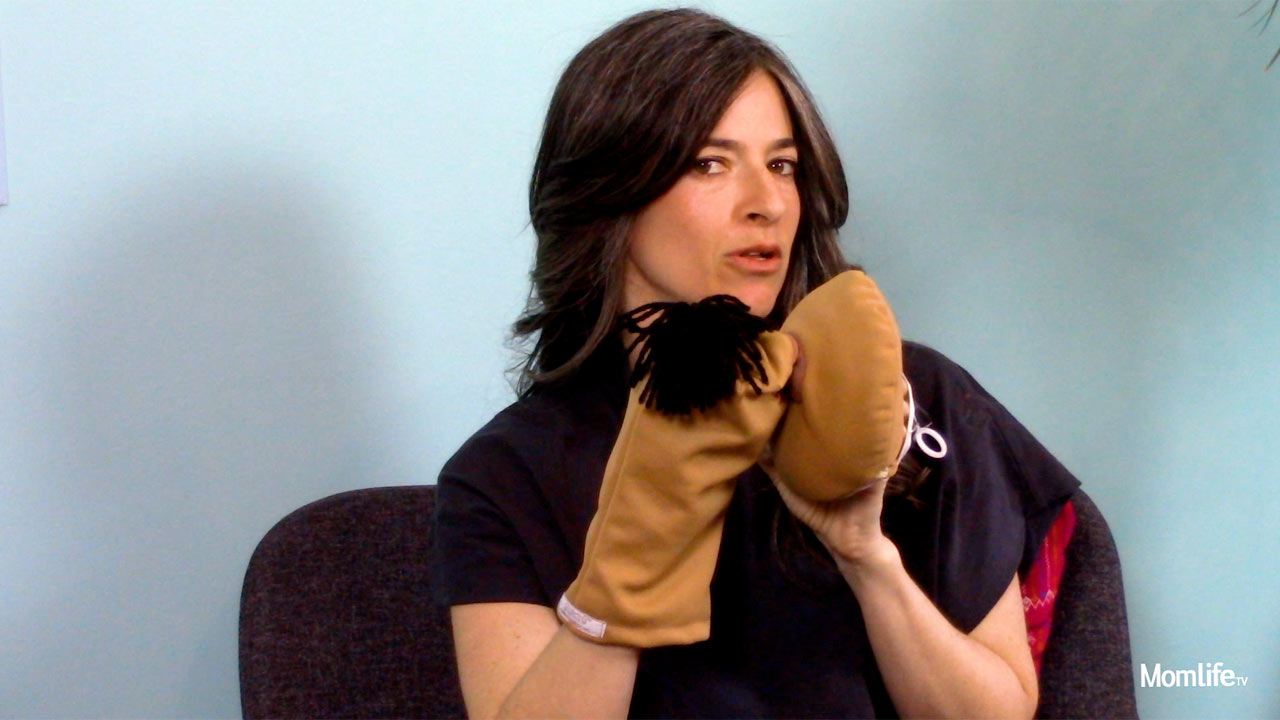Differences Between Postpartum Depression and Postpartum Blues
What is the difference between a postpartum depression, which is a clinical disorder or clinical diagnosis, and postpartum blues? Dr. Rachel Kleinman discusses the difference.
Dr. Rachel Kleinman is clinical psychologist, a professor, visual artist, a mom and a wife. She also works with women who deal with many different issues – whether it’s parenting and mothering, and caregiving, or even if it’s mood disorders, adjustment disorders.
Postpartum Blues
Postpartum blues onset is after childbirth, around 2 to 3 days after. A woman feels a general sense of sadness, difficulty making decisions, and things like eating and sleeping can be very difficult. But it’s actually very common. Dr. Rachel had it, a lot of her friends went through it. About four out of five women have some sort of baby blues, and some experience of sadness after delivering birth. Feeling, or having thoughts, that they may not be doing a good enough job. Or they’re not sure “when the real parents are going to come.” It’s usually is due to exhaustion, isolation and just a big transition in their lives. It usually doesn’t last more than 2 to 3 weeks. If it lasts more than 2 to 3 weeks that’s really when you need to seek out some professional help.
Postpartum Depression
Postpartum depression is a different can of worms. Postpartum depression is more rare. It only affects about 10 to 15% of women. Usually, it doesn’t happen until about two months after giving birth. What happens after about two months or so – a woman’s hormones, specifically estrogen and progesterone drops significantly. These changes can affect a woman’s brain by inducing major mood swings. Symptoms of this are extreme sadness, difficultly focusing, exhaustion, and thoughts that they’re not doing enough. More so, it affects functioning when a woman cannot fulfill her care giving roles for herself, or with other people in her family.
Self Care During a Major Life Transition
It’s totally OK to admit to yourself that you’re feeling this way, because 80% of us do after having a baby. It’s just the blues. It’s a hard thing to go through. It’s a major transition in your life and these symptoms will go away. I really encourage you just to be kind to yourself and take the time that you need.
And any mom, who has just become a new mom, or really any mom going through the daily grind of child raising can feel lousy at times. You don’t need to have a clinical diagnosis to benefit from some extra support, therapy, extra resources, or to implement more self-care in your life.
About Dr. Rachel Kleinman: Rachel J Kleinman, Psy.D. is a Psychologist who works with emerging adults and older adults in individual and group therapy at her practice in Great Neck, NY. Dr. Kleinman has been a member of the Department of Behavioral Sciences at City University of New York since 2013. As an Adjunct Assistant Professor, she teaches Psychology of Aging, Life Span Development, and Introduction to Psychology at multiple CUNY campuses.






